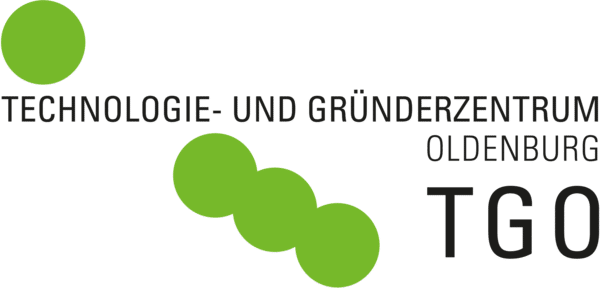Error detection with the help of machine learning
Quality management is a classic task area for optimizing processes with artificial intelligence. The sooner a deficiency or challenge is identified, the more cost-effective it is to make a change.
At the same time, however, manual inspection is becoming increasingly difficult or downright impossible in the existing – often very complex – structures and processes.
An AI solution supports quality control throughout the entire production process. It evaluates results, points out deviations, helps with troubleshooting and independently categorizes into “test passed” and “test failed”. Companies thus design their quality assurance more comprehensively and in greater detail:
Quality inspection
One way to check quality with artificial intelligence is to use image recognition algorithms, for example. Here, AI can be used to automatically detect errors or deviations in visual inspection processes. For example, cameras or scanners are used to inspect the product and then have the data analyzed by the AI.
Image-based AI methods have long been established for quality assurance processes within production processes: Animal findings and product analyses already deliver results that are qualitatively far above human analyses. Monotonous auxiliary processes can also be supported. For example, cleaning processes for crates can be quality assured.
The advantages of optical recognition with AI are that inspection can be performed faster and more accurately, resulting in higher product quality. In addition, process costs can be reduced as less manual labor is required.
Quality assurance
AI can also be used in quality assurance to optimize processes. One example is predicting defects or quality problems in production using data analytics. Here, AI can identify patterns and relationships in the data that would escape the human eye. Automating this process can increase efficiency by making inspection faster and more accurate.
Another example is the use of AI to automate testing. Here, artificial Intelligence makes it possible to generate and execute test cases. As a result, faults can be detected more quickly, which leads to faster troubleshooting and thus increases product quality.

AI in quality testing and quality assurance can help to
Increase efficiency and accuracy.
Reduce costs.
Improve product quality.
Monitoring production in real time can help increase the quality of products.
Our products help you optimize your processes.
ArtificialVet®
Mit der KI-Lösung ArtificialVet® werden Tierschutzindikatoren und Schlachtbefunde über exemplarische Kamerabilder spezifiziert und standardisiert.
BoxInspector®
Unsere KI-Anwendung BoxInspector® bietet automatisierte Qualitätssicherung durch Bilderkennung mit optimaler Erkennungsleistung.
HookTracing®
Die KI-Lösung HookTracing® bietet die optische Identifizierung einzelner Tiere über Kamerabilder der Eurohaken (DIN 250).
KI-Potenzialworkshops
In unserem KI-Potenzialworkshop identifizieren wir konkrete Anwendungsfälle für KI in Ihrem Unternehmen.
LivestockGuardian
LivestockGuardian: Unsere KI-gestützte Sensordatenanalyse für eine automatisierte und kontinuierlich hohe Tieraktivitätserkennung.
MeatVision
Mit der KI-Lösung MeatVision werden (zerlegte) Produkte in Mehrwegtransportverpackungen und EURO Boxen automatisch erkannt.
Sie sind an einer Zusammenarbeit auf Augenhöhe interessiert?


